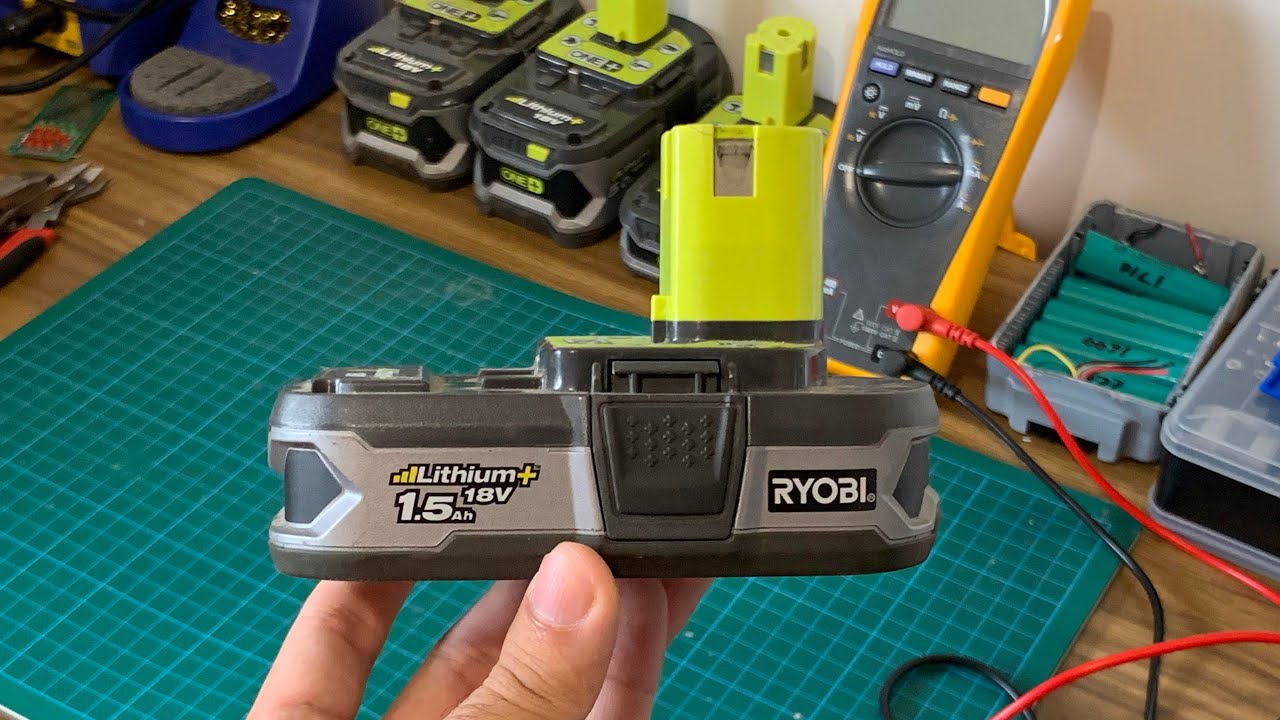

Articles
How Long Does A Ryobi 18V Battery Last
Modified: January 8, 2024
Looking for articles on how long a Ryobi 18V battery lasts? Discover the average lifespan and tips to maximize its performance.
(Many of the links in this article redirect to a specific reviewed product. Your purchase of these products through affiliate links helps to generate commission for Storables.com, at no extra cost. Learn more)
Introduction
Welcome to our comprehensive guide on how long a Ryobi 18V battery lasts. If you’re a proud owner of a Ryobi power tool, you know that the battery’s lifespan is a crucial factor in its overall performance and usability. In this article, we will explore the various factors that can affect the durability and longevity of your Ryobi 18V battery, as well as provide you with some valuable tips on how to extend its lifespan.
When it comes to power tools, having a reliable and long-lasting battery is essential. The Ryobi 18V battery is a popular choice for professionals and DIY enthusiasts alike due to its portability and compatibility with a wide range of Ryobi power tools and equipment.
However, the lifespan of a Ryobi 18V battery can vary depending on several factors, such as battery capacity and usage, charging and discharging cycles, and proper maintenance and storage. Understanding these factors will not only help you make the most out of your battery but also ensure that it performs at its best for as long as possible.
So, let’s dive deeper into the various aspects that can impact the lifespan of your Ryobi 18V battery, and discover some practical tips to maximize its longevity.
Key Takeaways:
- Choose the right Ryobi 18V battery capacity based on your usage to ensure optimal performance and longevity. Implement deep discharge cycles occasionally and avoid frequent shallow discharges for maximum battery health.
- Practice smart charging techniques, regular maintenance, and proper storage to extend the lifespan of your Ryobi 18V battery. Avoid overcharging, extreme temperatures, and follow manufacturer guidelines for optimal performance.
Read more: How To Fix Ryobi 18V Battery
Factors Affecting the Lifespan of Ryobi 18V Batteries
Several factors can significantly impact the lifespan of your Ryobi 18V battery. Understanding and managing these factors will help you get the most out of your battery and ensure its longevity. Let’s take a closer look at these factors:
- Battery Capacity and Usage: The capacity of the battery plays a crucial role in determining how long it will last. Ryobi offers various battery options with different amp-hour ratings. Higher amp-hour batteries typically provide longer runtime. However, it’s essential to choose the right battery capacity based on your usage requirements. Additionally, the way you use the battery can also affect its lifespan. Continuous heavy loads and high-power applications can put more strain on the battery and reduce its longevity.
- Charging and Discharging Cycles: The number of charging and discharging cycles your Ryobi 18V battery goes through can impact its lifespan. Each time you charge and discharge the battery counts as one cycle. Lithium-ion batteries, like the ones used in Ryobi power tools, have a limited number of cycles before their performance starts to degrade. It is recommended to avoid shallow discharge cycles (partially charging and discharging) and aim for deep discharge cycles (fully charging and fully discharging) occasionally to optimize the overall battery health.
- Maintenance and Storage: Proper maintenance and storage can significantly prolong the lifespan of your Ryobi 18V battery. Keeping the battery clean and free from dirt, dust, and moisture can help prevent damage to the internal components. Regularly inspecting the battery for any signs of wear or damage is also crucial. When it comes to storage, it’s best to store the battery in a cool, dry place away from direct sunlight and extreme temperatures. Avoid leaving the battery fully charged or completely depleted for extended periods, as it can lead to degradation over time.
By being mindful of these factors and taking proactive steps to optimize battery usage, you can ensure that your Ryobi 18V battery serves you for an extended period.
Battery Capacity and Usage
One of the primary factors that affect the lifespan of a Ryobi 18V battery is its capacity and usage. The capacity of a battery refers to the amount of charge it can store, usually measured in amp-hours (Ah). Ryobi offers a range of battery options with different amp-hour ratings, such as 1.5Ah, 2.0Ah, 3.0Ah, and so on.
Choosing the right battery capacity is crucial as it directly impacts the runtime of your power tools. Higher amp-hour batteries generally provide longer runtime before they need to be recharged. However, it’s important to understand that using a higher capacity battery doesn’t necessarily mean it will last longer in terms of total lifespan.
How you use the battery also plays an essential role in determining its lifespan. If you frequently use your power tools with heavy loads or for high-power applications, the battery will experience more strain, which can result in reduced longevity. It’s important to match the battery capacity with the requirements of your tasks. For lighter applications, a lower amp-hour battery can suffice, while more demanding tasks may require a higher amp-hour battery to ensure optimal performance and durability.
Additionally, it’s important to consider the depth of discharge when using your Ryobi 18V battery. Shallow discharge cycles, where you only partially discharge the battery before recharging it, can negatively impact the battery’s overall health and lifespan. Lithium-ion batteries, like the ones used in Ryobi power tools, tend to perform better with occasional deep discharge cycles. A deep discharge cycle involves fully discharging the battery before recharging it. This process helps recalibrate the battery and maintain its efficiency over time.
When using your Ryobi 18V battery, it’s also advisable to avoid overloading it. Continuous heavy loads can put excessive strain on the battery, causing it to heat up and potentially damage internal components. It’s essential to match the power tool’s requirements with the battery’s capabilities to ensure optimal performance and extended battery life.
By understanding the capacity of your Ryobi 18V battery and using it in a manner that aligns with its specifications, you can ensure a longer lifespan and maximize its performance.
Charging and Discharging Cycles
The number of charging and discharging cycles your Ryobi 18V battery goes through can have a significant impact on its overall lifespan. Each time you charge the battery and then use it until it needs to be recharged again, it counts as one cycle. Lithium-ion batteries, like those used in Ryobi power tools, have a limited number of cycles before their performance starts to degrade.
To optimize the lifespan of your Ryobi 18V battery, it’s important to understand the concept of cycles and how to manage them effectively. Here are some key factors to consider:
Avoid Shallow Discharge Cycles: A shallow discharge cycle occurs when you only partially discharge the battery before recharging it. While it may seem convenient to recharge your battery after each use, frequent shallow discharge cycles can cause the battery’s capacity to degrade over time. It’s recommended to use the battery until it reaches a low charge level before recharging it. This helps maintain the battery’s health and ensures it operates at its optimal capacity.
Implement Deep Discharge Cycles: While shallow discharge cycles are not ideal, occasional deep discharge cycles can help recalibrate the battery and maximize its lifespan. A deep discharge cycle involves fully discharging the battery before recharging it. This process helps to balance the battery cells and prevent inconsistencies in performance. It’s important to note that deep discharge cycles should be performed sparingly, as frequent deep discharges can also impact the overall lifespan of the battery.
Smart Charging Practices: Proper charging practices can also contribute to the longevity of your Ryobi 18V battery. Avoid leaving the battery connected to the charger for an extended period after it reaches full charge. Overcharging can generate excessive heat and stress on the battery cells. It’s recommended to disconnect the battery from the charger as soon as it reaches full charge.
Use Genuine Chargers: It’s important to use the appropriate charger provided by Ryobi or a genuine replacement. Using third-party chargers that are not designed for your specific battery may not provide the optimal charging profile, which can impact the battery’s overall health and lifespan.
By managing the charging and discharging cycles of your Ryobi 18V battery, you can ensure its longevity and maximize its performance. Implementing deep discharge cycles occasionally and practicing smart charging techniques will help maintain the battery’s health and extend its lifespan.
To extend the life of your Ryobi 18V battery, avoid overcharging and store it in a cool, dry place when not in use. Regularly using and recharging the battery also helps maintain its longevity.
Maintenance and Storage
Maintenance and proper storage are crucial aspects of prolonging the lifespan of your Ryobi 18V battery. By following these maintenance and storage tips, you can ensure that your battery remains in optimal condition for extended periods:
Keep the Battery Clean: Regularly clean the exterior of the battery to remove any dirt, dust, or debris that may accumulate over time. Use a soft cloth or brush to gently wipe the surfaces. Avoid using harsh chemicals or abrasive materials that could potentially damage the battery casing.
Inspect for Wear and Damage: Periodically inspect the battery for any signs of wear or damage. Check for cracks, bulges, or any other visible abnormalities. If you notice any issues, discontinue using the battery and contact Ryobi or an authorized service center for further assistance.
Avoid Extreme Temperatures: Exposure to extreme temperatures can negatively impact the performance and lifespan of your battery. Avoid storing or using the battery in excessively hot or cold environments. High temperatures can lead to premature aging of the battery, while freezing temperatures can cause irreversible damage.
Store in a Cool, Dry Place: When not in use, store your Ryobi 18V battery in a cool, dry location. Direct sunlight and high humidity can degrade the battery’s performance and shorten its lifespan. It’s recommended to store the battery in a ventilated area away from sources of heat or moisture.
Avoid Fully Charging or Depleting: Long-term storage of a fully charged or fully depleted battery can result in capacity loss and reduced lifespan. If you plan to store the battery for an extended period, it’s best to charge it to around 50% capacity. This level helps maintain the battery cells’ health without putting excessive stress on them.
Rotate Battery Usage: If you have multiple Ryobi 18V batteries, it’s beneficial to rotate their usage. Regularly switching between batteries allows for more even wear and ensures that each battery receives equal usage over time.
Follow Manufacturer Guidelines: It’s essential to follow the specific maintenance and storage guidelines provided by Ryobi. These guidelines are designed to prolong the life of your battery and ensure safe usage. Refer to your user manual or the manufacturer’s website for detailed instructions.
By practicing proper maintenance and storage techniques, you can significantly extend the lifespan of your Ryobi 18V battery. Regular cleaning, inspection for damage, and careful storage in suitable conditions will help maintain its performance and ensure that it lasts for years.
Read more: How To Reset Ryobi 18V Battery
Tips for Extending Battery Life
When it comes to maximizing the lifespan of your Ryobi 18V battery, there are several tips and strategies you can follow. These tips aim to optimize battery usage and ensure that it remains in peak condition for as long as possible. Here are some valuable tips for extending the life of your Ryobi 18V battery:
- Avoid Overcharging: To prevent overcharging, always disconnect the battery from the charger as soon as it reaches full charge. Overcharging can generate excessive heat and stress on the battery cells, leading to degradation over time.
- Don’t Fully Deplete the Battery: While occasional deep discharge cycles can be beneficial for recalibration, consistently fully depleting the battery can impact its overall lifespan. Aim to recharge the battery before it runs completely out of charge.
- Avoid Storing a Fully Charged Battery: If you plan to store the battery for an extended period, it’s recommended to charge it to around 50% capacity. Storing a fully charged battery can lead to capacity loss and reduced longevity.
- Use the Right Charger: Always use the appropriate charger provided by Ryobi or a genuine replacement. Third-party chargers may not provide the optimal charging profile, which can impact the battery’s overall health and lifespan.
- Keep the Battery Cool: High temperatures can accelerate battery degradation. Avoid exposing the battery to excessive heat and store it in a cool, dry location when not in use.
- Avoid Extreme Temperatures: Similarly, extreme cold temperatures can also harm the battery. Avoid using the battery in freezing conditions, as it can cause irreversible damage.
- Regularly Inspect and Clean the Battery: Periodically inspect the battery for any signs of wear or damage. Clean the exterior of the battery to remove dirt and debris, using a soft cloth or brush.
- Rotate Battery Usage: If you own multiple Ryobi 18V batteries, rotate their usage to ensure even wear. This practice distributes the workload across all batteries, preventing excessive strain on a single battery.
- Store the Battery Properly: When not in use, store the battery in a cool, dry place away from direct sunlight and sources of heat or moisture. Follow Ryobi’s guidelines for battery storage to maintain its performance and longevity.
- Charge and Use the Battery Regularly: If you have spare batteries, don’t let them sit idle for too long. Charge and use them regularly to keep the cells active and maintain their overall health.
By implementing these tips, you can significantly extend the lifespan of your Ryobi 18V battery. Proper charging practices, avoiding extreme temperatures, and regular maintenance will help maximize the battery’s performance and ensure years of reliable use.
Conclusion
In conclusion, understanding how long a Ryobi 18V battery lasts and taking steps to maximize its lifespan is essential for any power tool enthusiast. By considering factors such as battery capacity and usage, charging and discharging cycles, and proper maintenance and storage, you can ensure that your battery performs optimally and lasts as long as possible.
When selecting the battery capacity, choose the right amp-hour rating based on your usage requirements. Use deeper discharge cycles occasionally and avoid frequent shallow discharges to maintain the battery’s health. Implementing smart charging practices, such as avoiding overcharging and using genuine chargers, will also help prolong the battery’s lifespan.
Maintenance and proper storage are crucial for ensuring the longevity of your Ryobi 18V battery. Keep the battery clean, inspect for wear and damage regularly, and store it in a cool, dry place away from extreme temperatures. Following these guidelines will help prevent premature aging and degradation of the battery.
By incorporating these tips and best practices, you can extend the lifespan of your Ryobi 18V battery and maximize its performance. A well-maintained and properly used battery will provide you with reliable power for your Ryobi power tools, enhancing your overall productivity and enjoyment of your projects.
Remember, a Ryobi 18V battery is an investment, and with proper care, it can provide years of reliable service. So, take the time to understand and implement these strategies, and you’ll be able to enjoy the full potential of your Ryobi power tools for a long time to come.
Frequently Asked Questions about How Long Does A Ryobi 18V Battery Last
Was this page helpful?
At Storables.com, we guarantee accurate and reliable information. Our content, validated by Expert Board Contributors, is crafted following stringent Editorial Policies. We're committed to providing you with well-researched, expert-backed insights for all your informational needs.
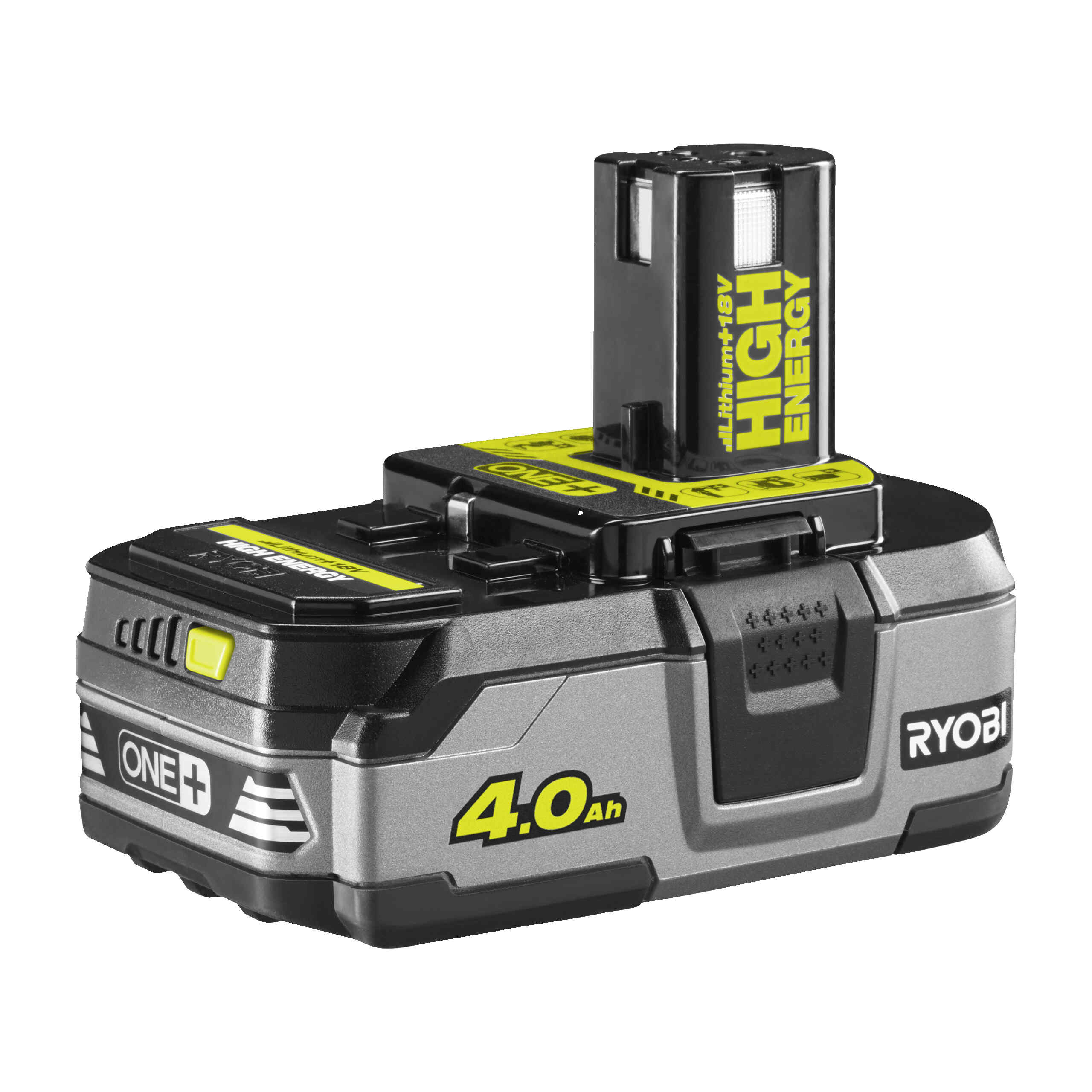
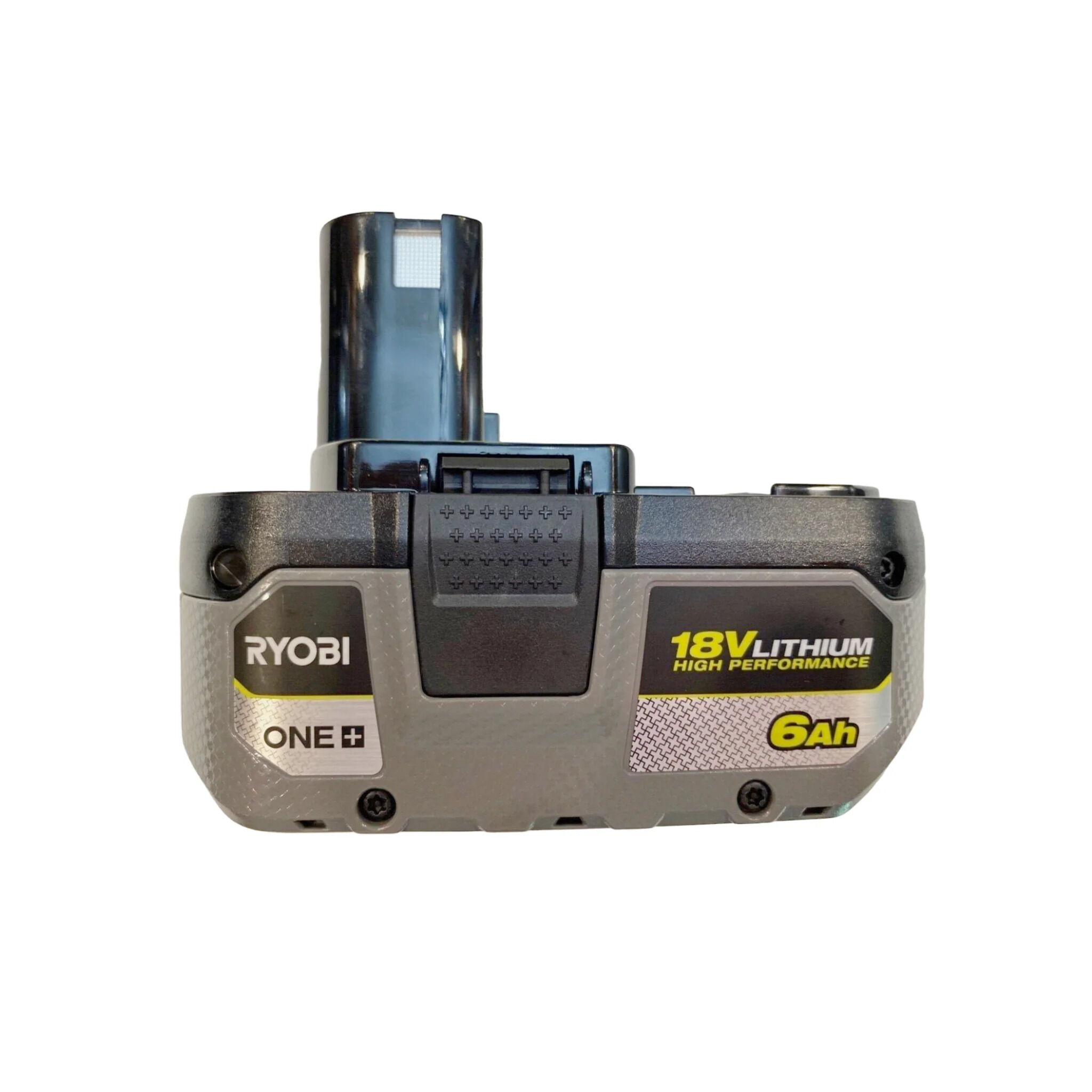
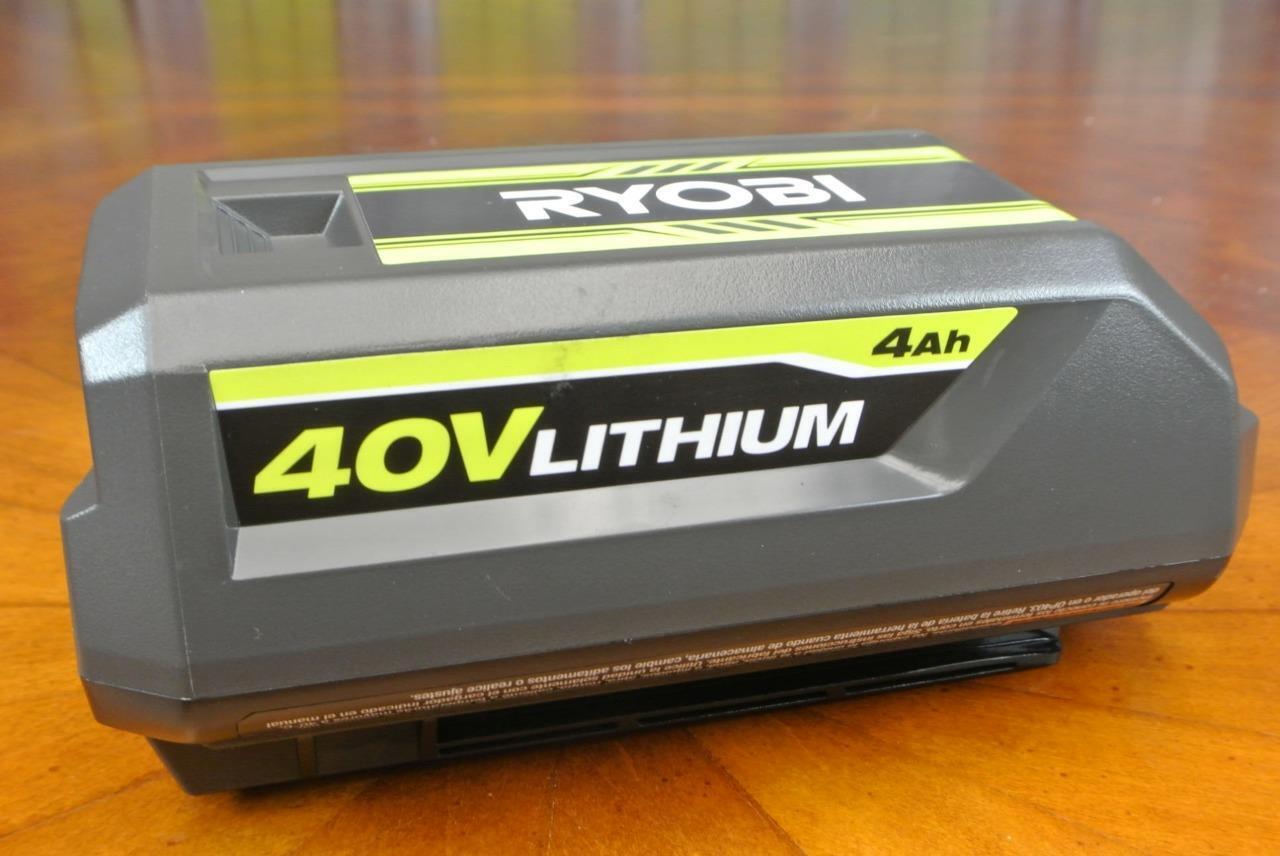
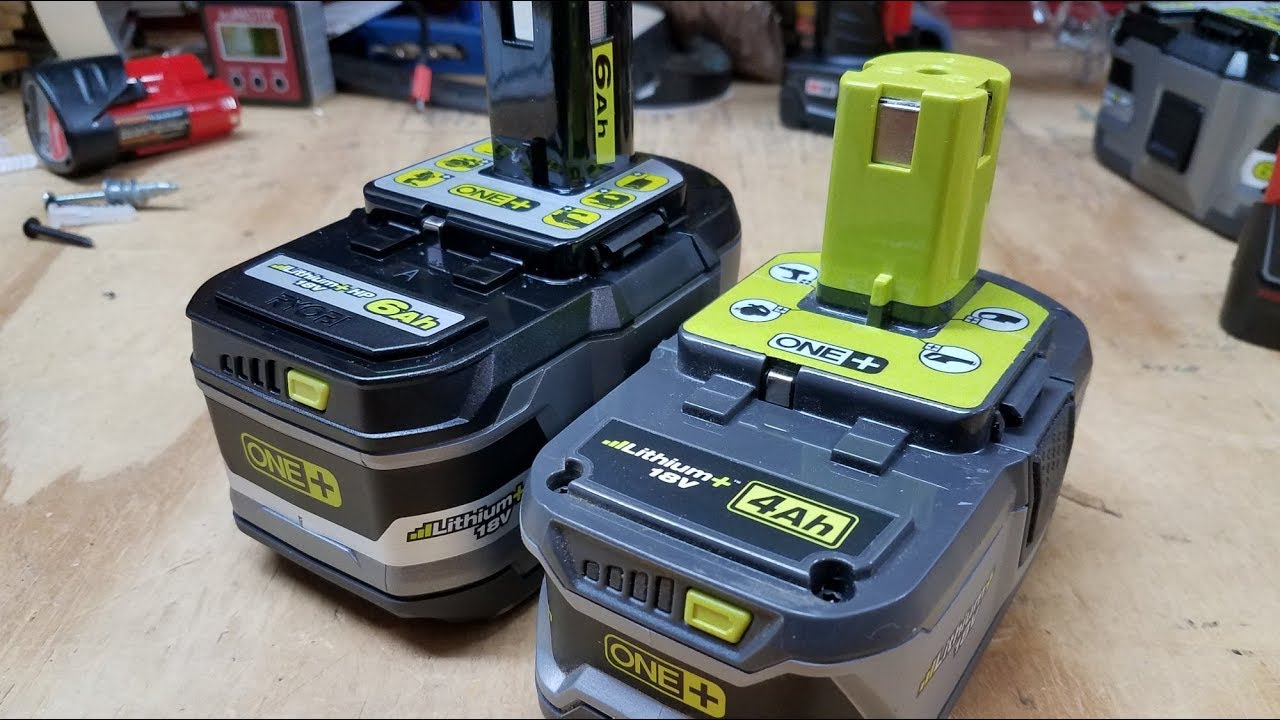
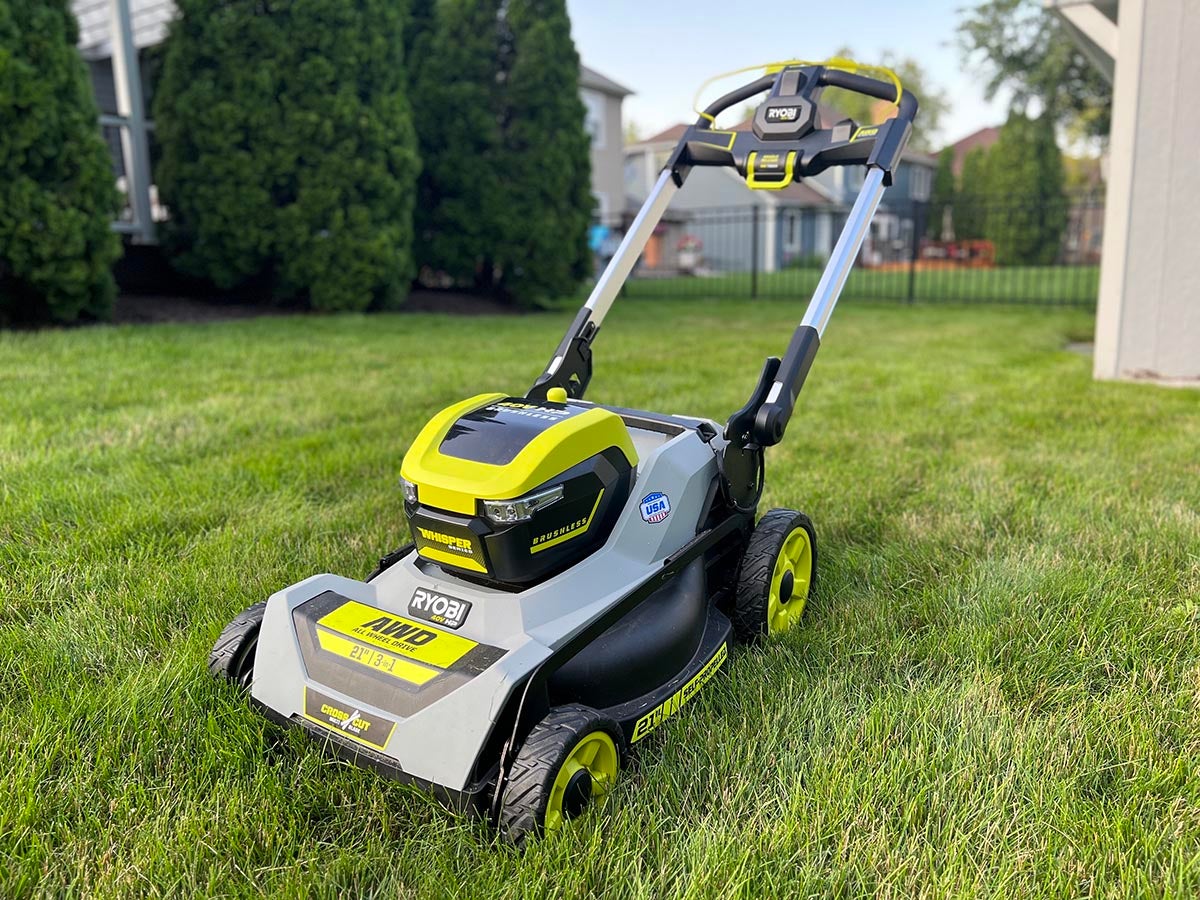
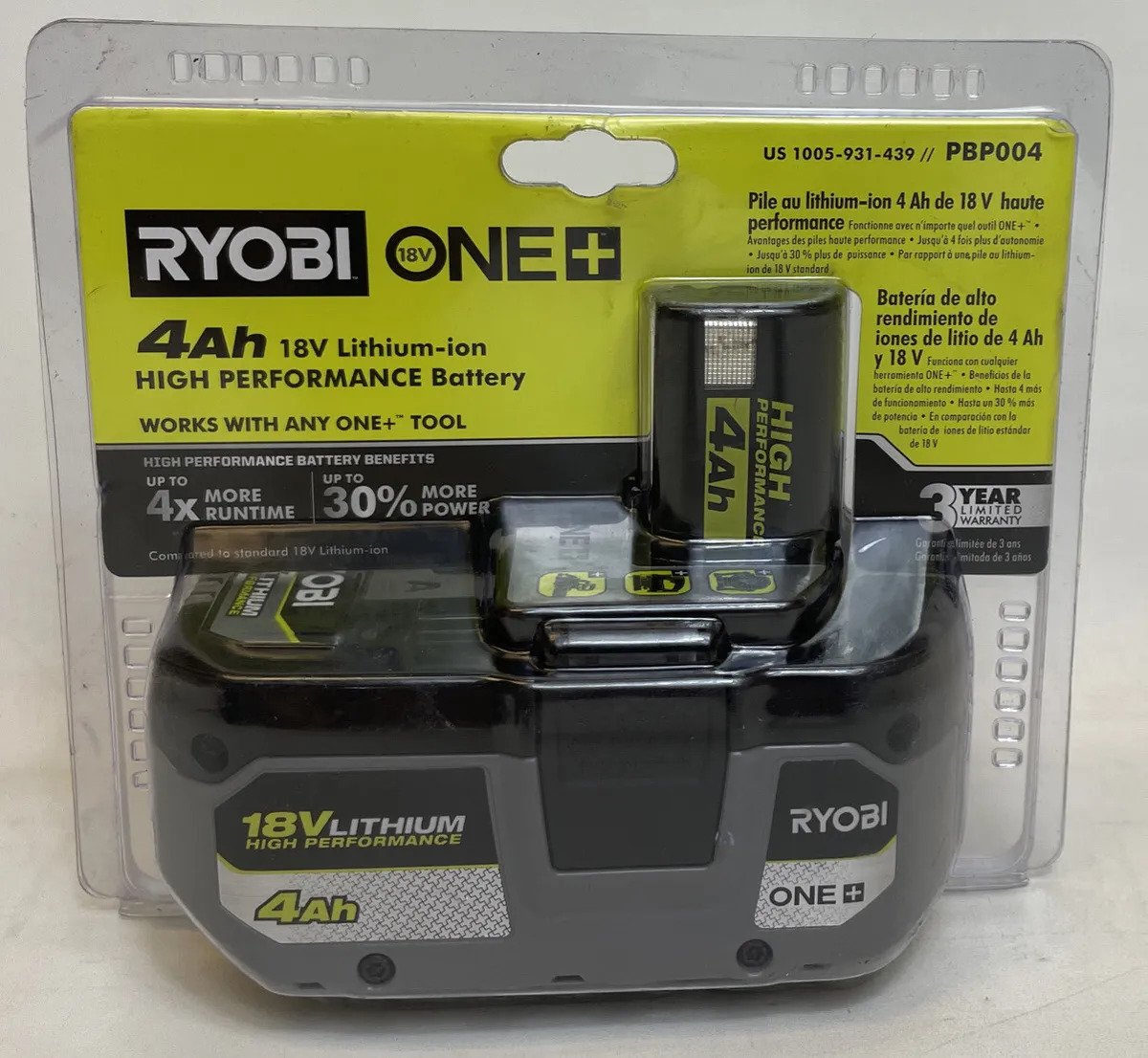
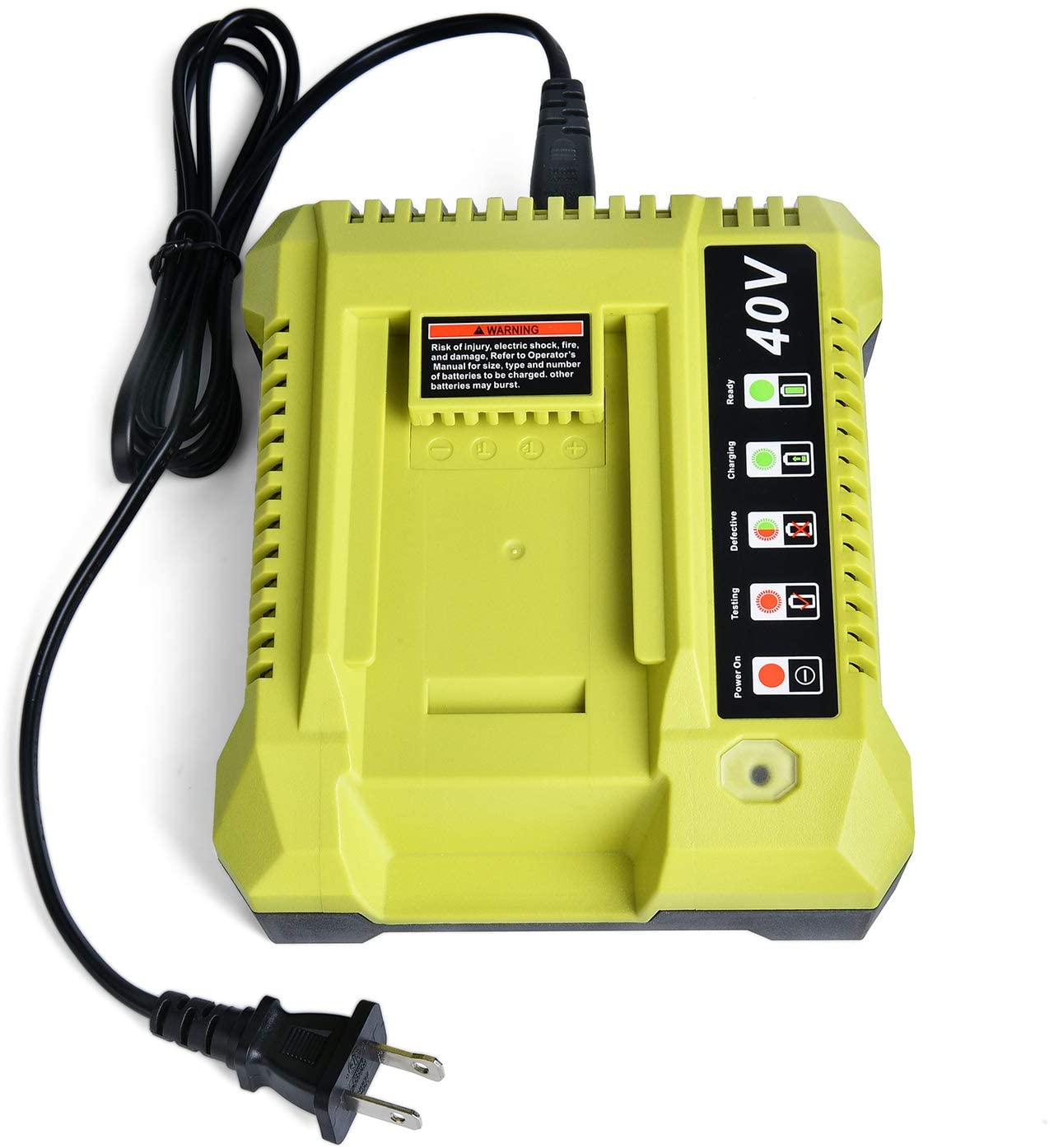
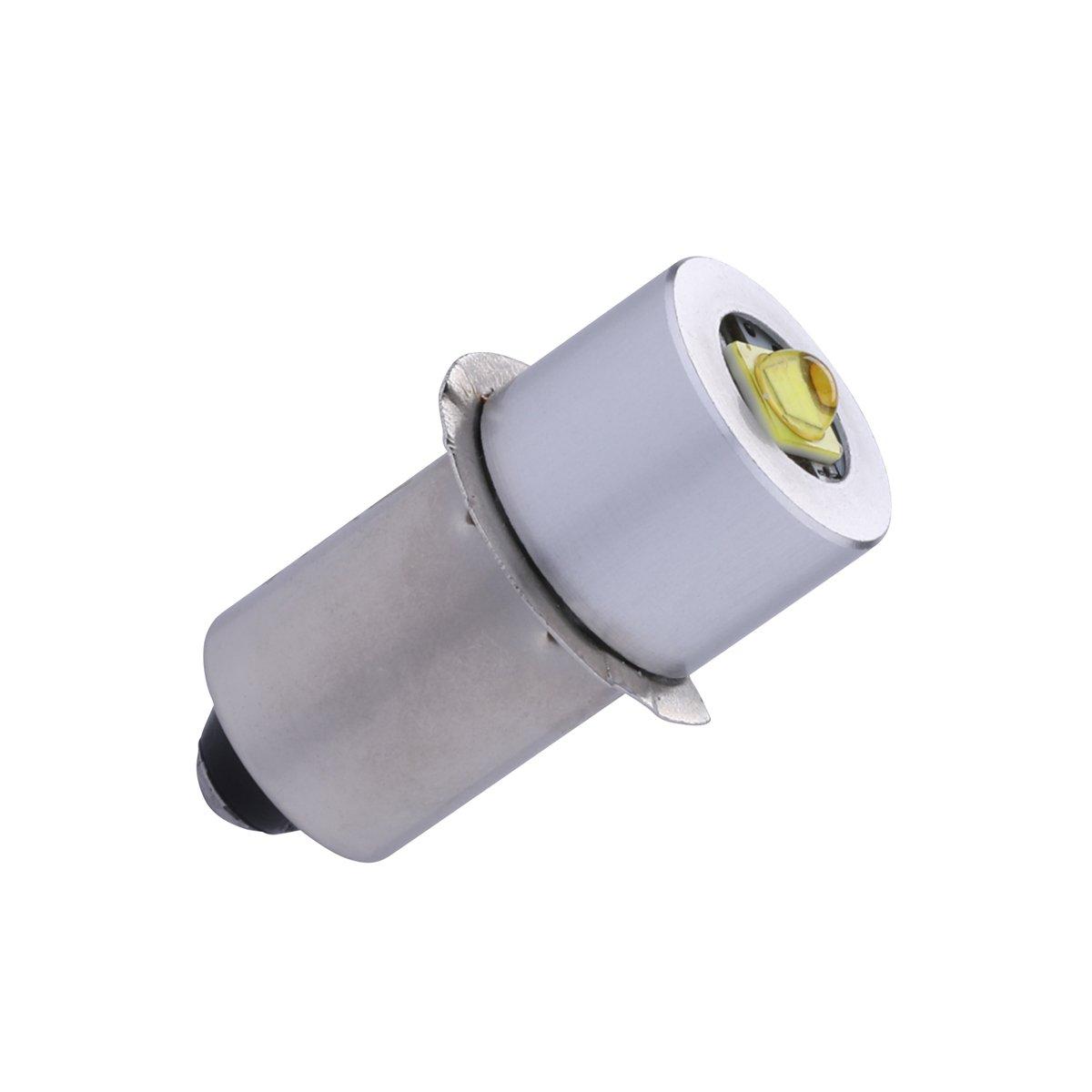
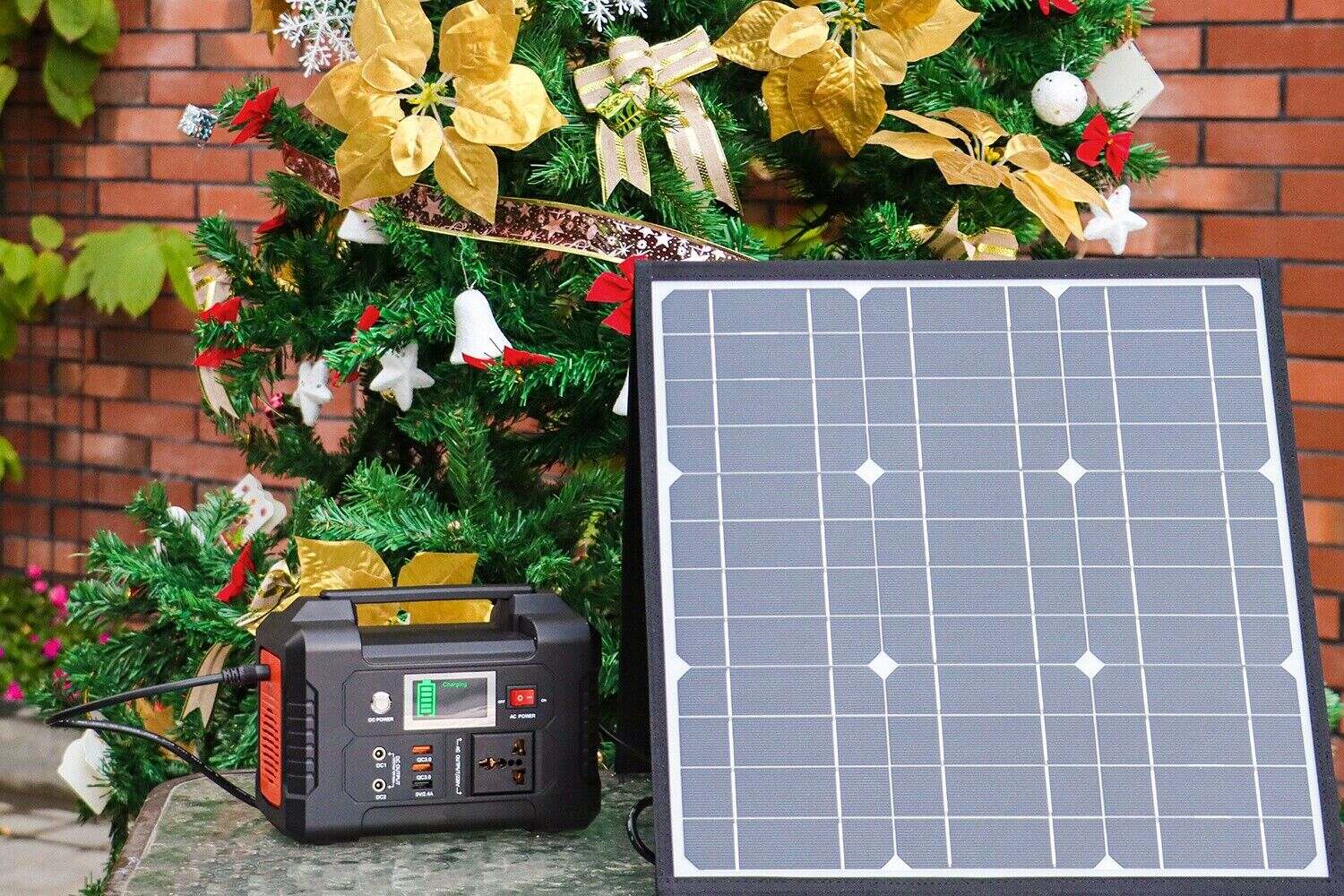
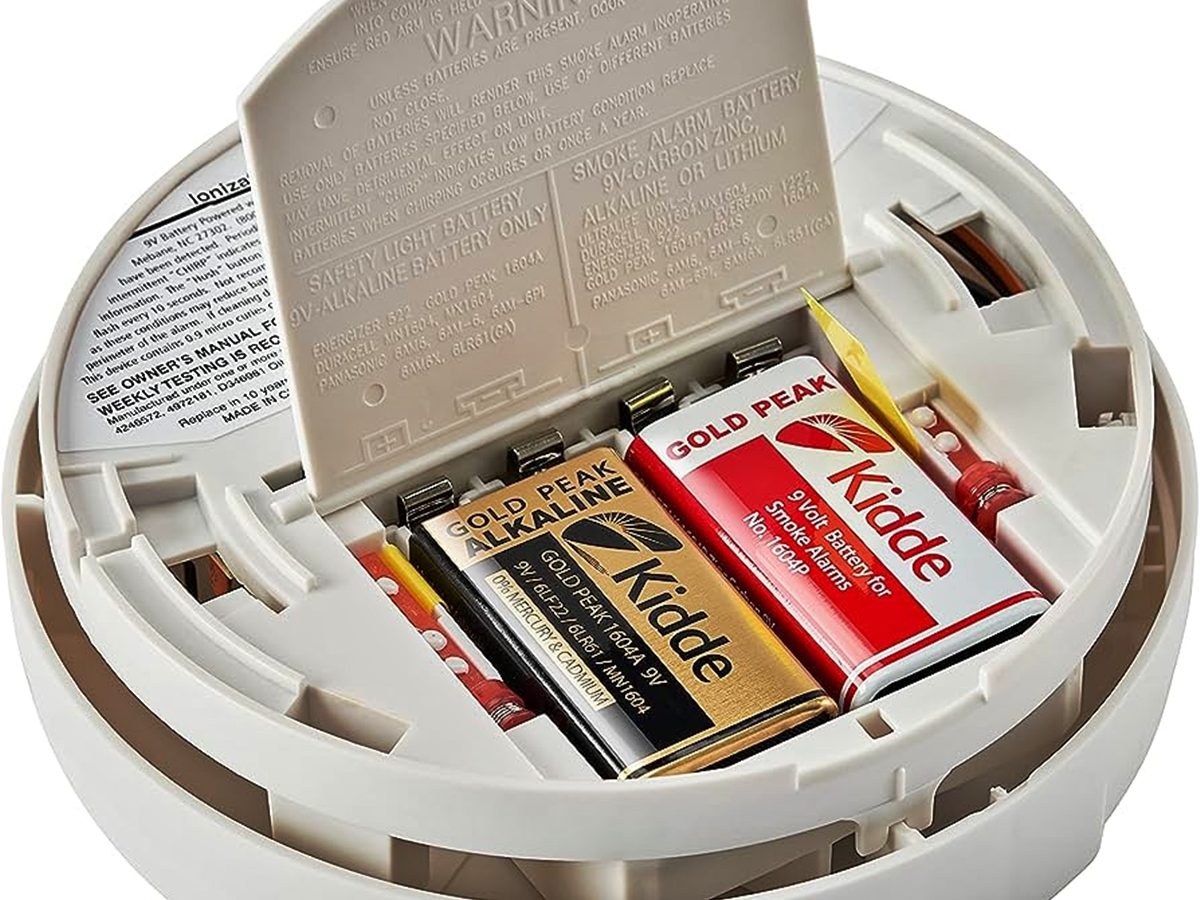
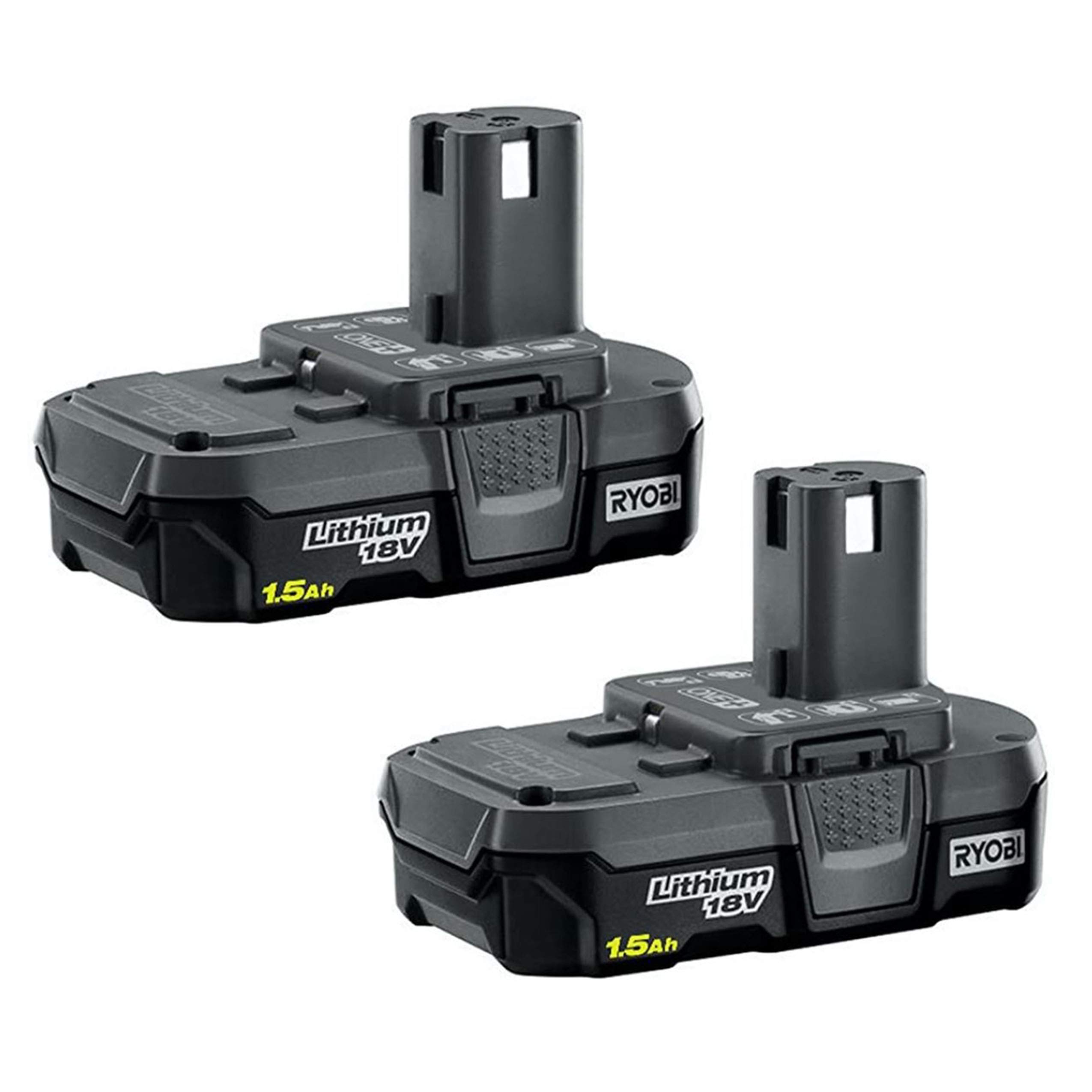
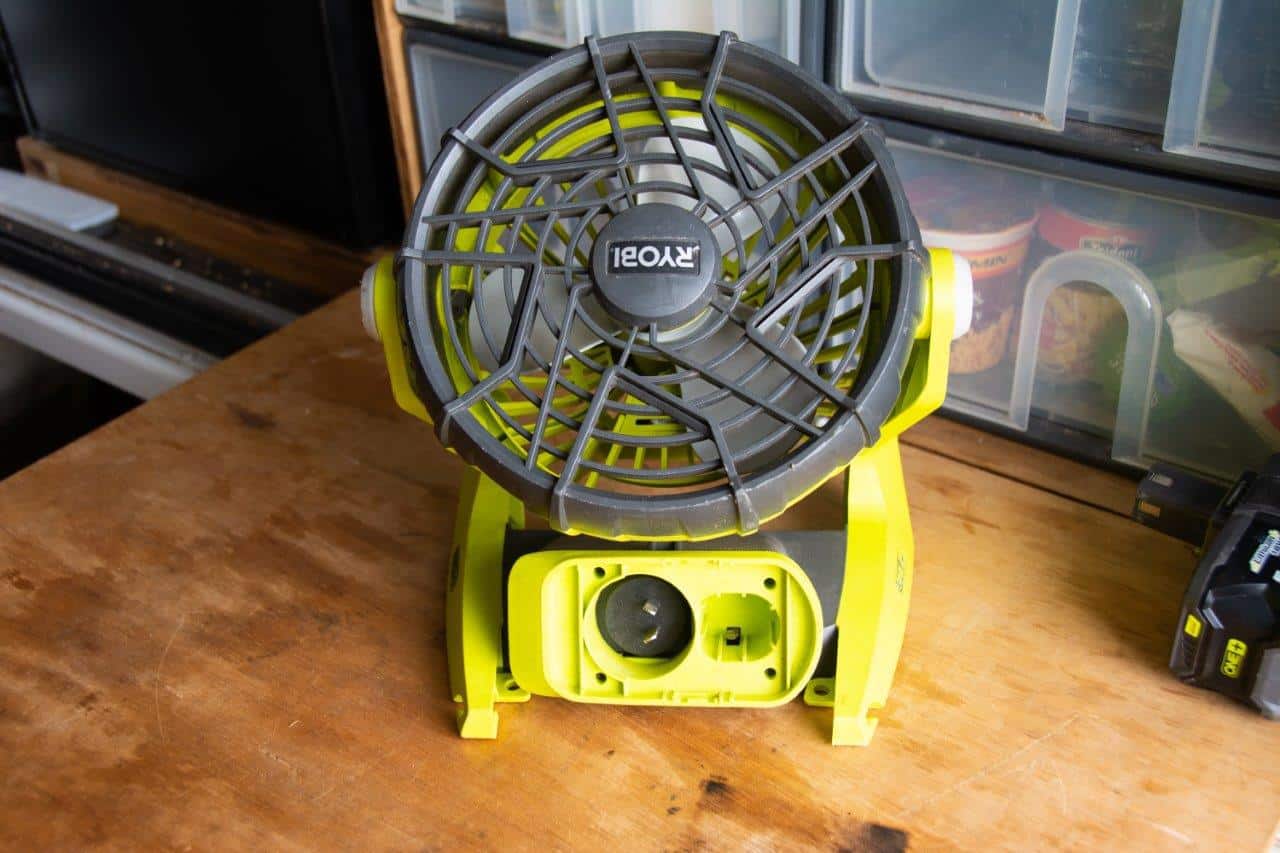
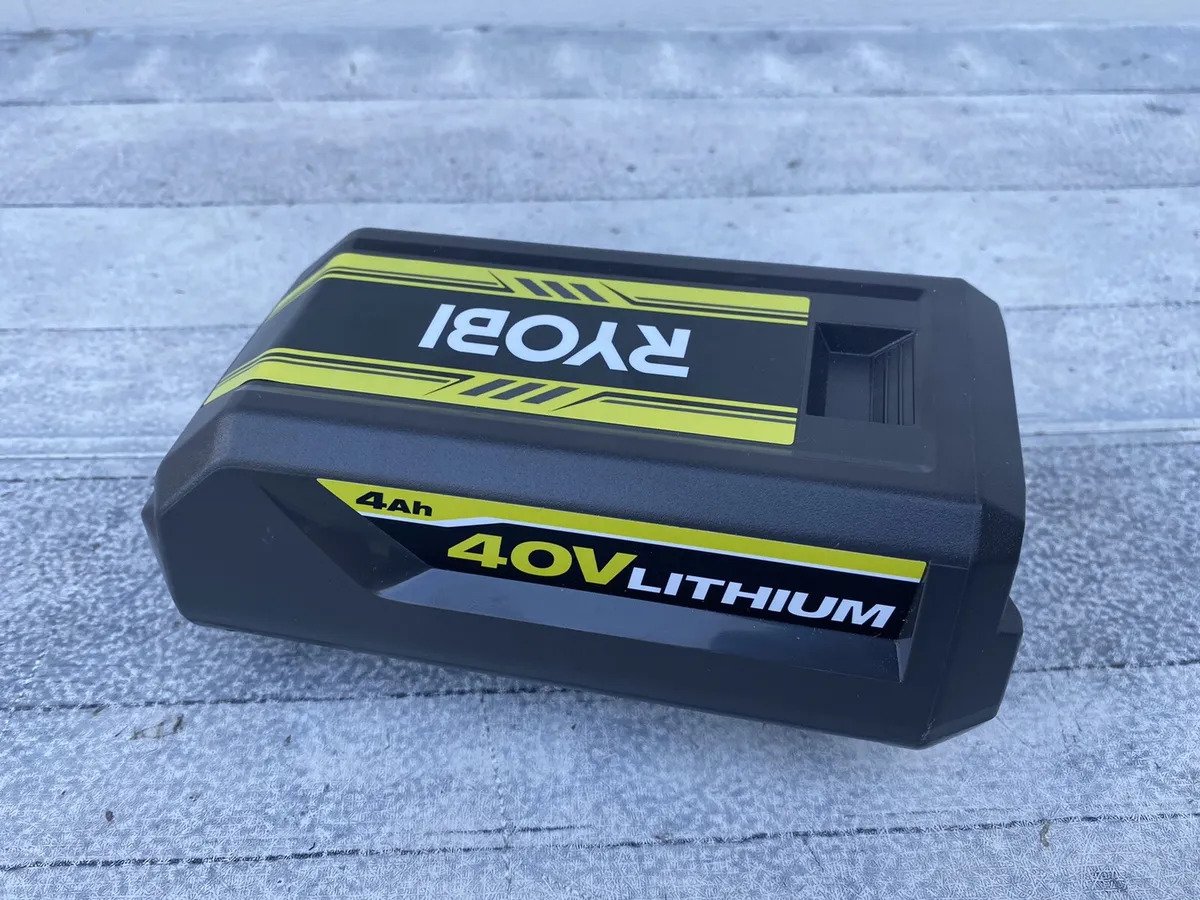
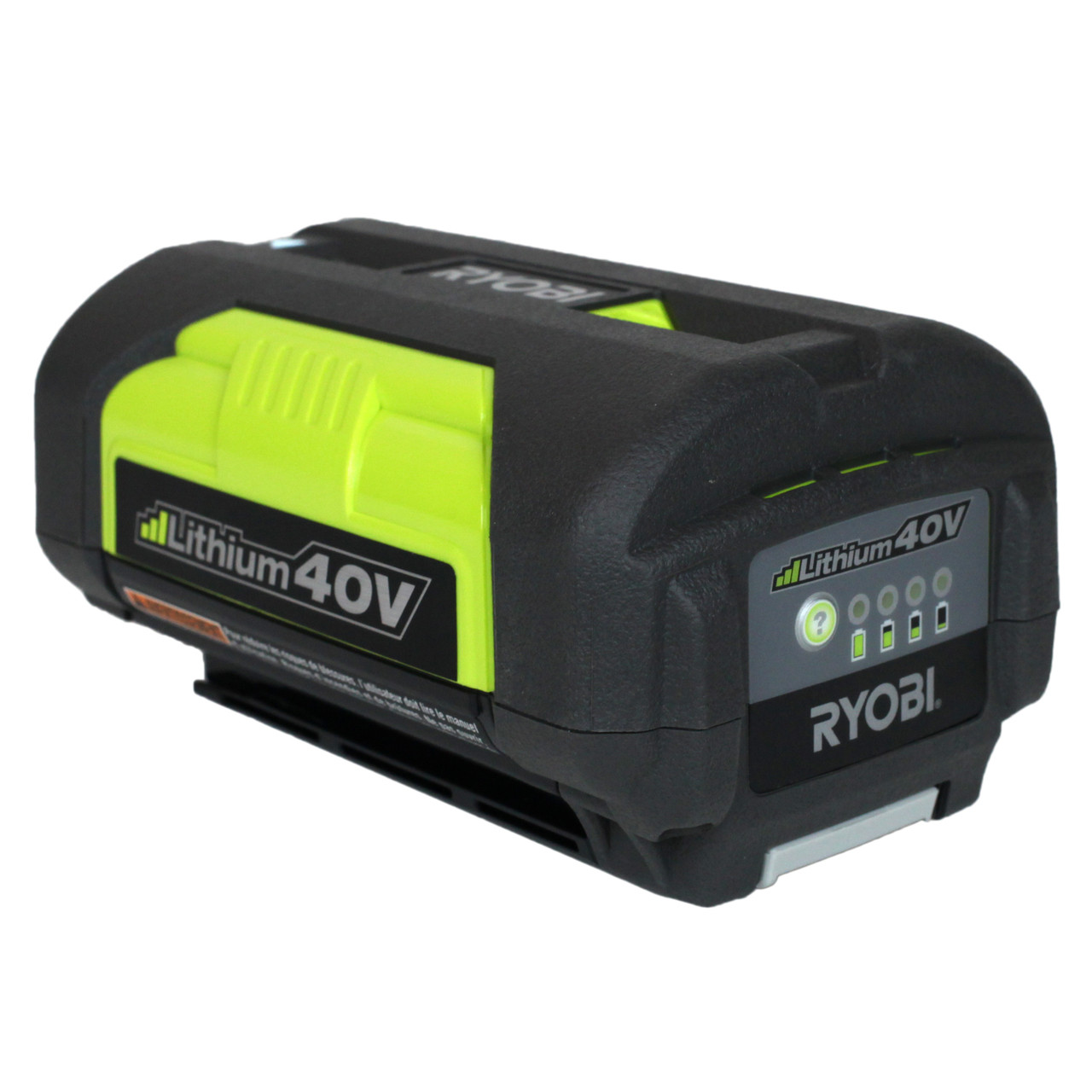

0 thoughts on “How Long Does A Ryobi 18V Battery Last”